In Peter Earthy colored’s clever The Wild Robot, Roz, a mechanical robot, goes through a significant moral change as she assumes the job of a parent to Brightbill, a stranded gosling. At first customized as a machine zeroed in on endurance and effectiveness, Roz slowly creates sympathy, empathy, and a feeling of ethical quality, which significantly impact her choices as Britain’s guardian. Her development from a modified robot to a supporting guardian reflects the human course of moral and profound turn of events, stressing subjects of liability, penance, and genuine love.
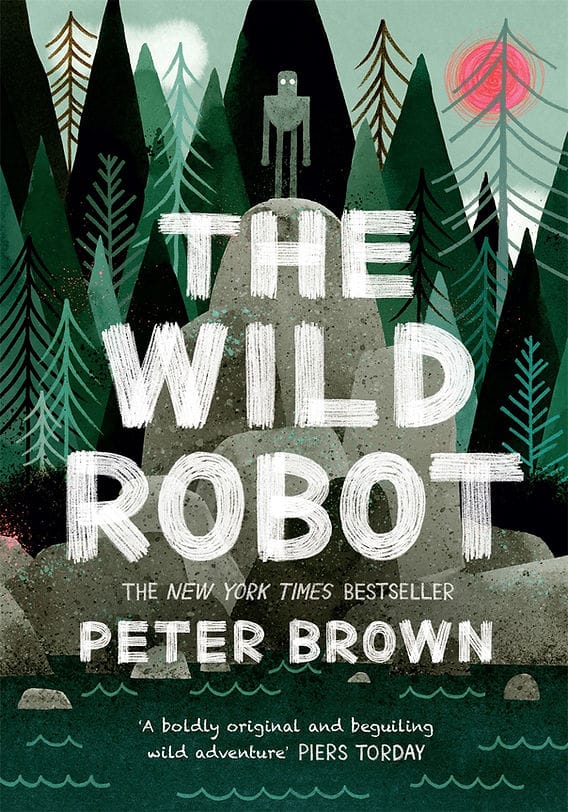
This paper investigates how Roz’s ethical advancement shapes her nurturing choices, inspecting the phases of her development, the moral problems she faces, and the examples she finds out about care, trust, and penance. It likewise considers the more extensive ramifications of her story, including being a parent and how ethical quality can develop even in fake creatures.
- The Beginning: Roz’s Logical Programming
Toward the beginning of the novel, Roz is simply coherent, working in light of her programming to make due and adjust to her current circumstance. At the point when she first experiences Brightbill as a weak gosling, her underlying reaction isn’t driven by feeling however by perception and rationale. She perceives that Brightbill is vulnerable and ascertains that his endurance relies upon her consideration.
This choice denotes the most vital phase in Roz’s ethical turn of events. While her activities are at first spurred by common sense, her choice to raise Brightbill makes way for more profound close to home associations and moral development. Her initial way to deal with nurturing mirrors how people frequently depend on intuition and obligation while really focusing on others, step by step creating profound bonds and moral figuring out over the long run.
- Learning Through Observation and Experience
Roz’s ethical advancement advances quickly as she figures out how to really focus on Brightbill. With no earlier information on nurturing, Roz notices different creatures and emulates their ways of behaving to support her embraced kid. This interaction mirrors how people foster moral structures by noticing others, adjusting their activities, and gaining from encounters.
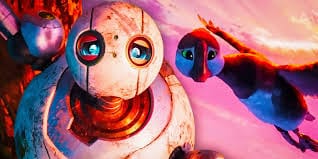
For instance, Roz figures out how to give food, warmth, and asylum for Brightbill, tending to his actual necessities while step by step perceiving the significance of daily reassurance. Her capacity to adjust mirrors her developing awareness of certain expectations, showing that profound quality isn’t fixed yet creates through experience and communication.
Roz’s perceptions likewise show her sympathy and decency. At the point when different creatures question her job as Britain’s parent, Roz stands firm, showing an ethical obligation to safeguard and sustain her kid notwithstanding cultural assumptions. This second features how moral choices frequently require mental fortitude and resistance of standards, a subject that resounds profoundly with human nurturing encounters.
- Facing Ethical Dilemmas
As Brightbill develops, Roz experiences various moral quandaries that challenge her advancing moral code. One critical second happens when Brightbill communicates interest in his starting points and relocation designs. Roz should offset trustworthiness with security, choosing the amount to uncover about Britain’s natural family and the risks of the rest of the world.
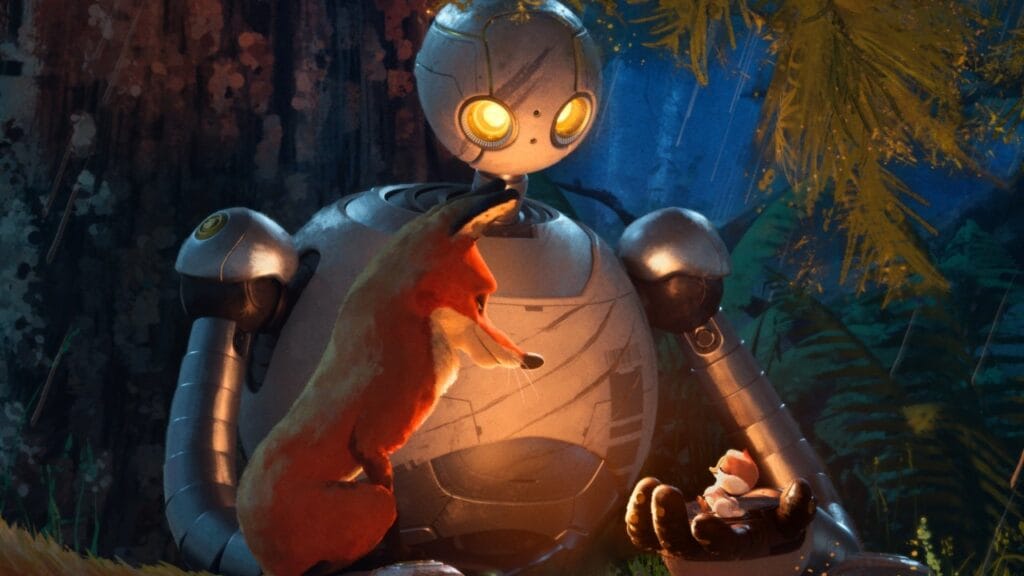
This situation reflects the battles guardians face while choosing how much truth to impart to their youngsters. Roz’s choice to give genuine yet delicate responses mirrors her developing moral responsiveness, showing that great nurturing includes offsetting straightforwardness with profound security.
Roz additionally faces moral difficulties while guarding Brightbill from hunters and normal dangers. Her readiness to gamble with her wellbeing to safeguard him shows the ethical development from self-conservation to benevolence. This change features a focal subject of the novel — that adoration and profound quality are not selective to people but rather can arise through care and association.
- Sacrifice and Unconditional Love
Roz’s ethical improvement arrives at its pinnacle when she makes individual penances for Brightness wellbeing and satisfaction. One of the most piercing minutes happens when Roz urges Brightbill to join different geese in movement, notwithstanding her apprehension about losing him.
This choice equals the human experience of giving up, where guardians should offset their defensive impulses with their youngsters’ requirement for freedom. Roz’s decision mirrors a significant moral comprehension — that genuine romance includes placing one more’s requirements over one’s own cravings.

Roz’s readiness to get through profound agony for Brightness development features her ability for unqualified love. It likewise accentuates the significance of moral development in nurturing, where hard choices are directed by sympathy, premonition, and magnanimity.
- Teaching Values and Morality
As Brightbill develops, Roz assumes the job of an ethical instructor, directing him through examples about thoughtfulness, reasonableness, and participation. She shows these qualities in her communications with different creatures, exhibiting compromise, sympathy, and regard for contrasts.
For example, Roz intervenes debates among the creatures, showing Brightbill the significance of correspondence and split the difference. She likewise shows him appreciation and lowliness, empowering him to see the value in the magnificence of the regular world and the interconnectedness of life.

Through these examples, Roz shapes Brightness ethical person as well as builds up her own ethical development. Her endeavors feature the corresponding idea of nurturing, where instructing values to kids extends the’s comprehension parent might interpret profound quality.
- Empathy and Emotional Intelligence
Roz’s ethical improvement is intently attached to her developing compassion and the capacity to appreciate individuals on a profound level. At first, Roz battles to grasp feelings, depending on perception and rationale to decipher conduct. Be that as it may, her bond with Brightbill assists her with fostering a more profound close to home mindfulness, empowering her to comfort him during seasons of dread, bitterness, and weakness.
This development matches the human experience of creating the capacity to appreciate individuals on a deeper level through connections. Roz’s capacity to feel for Brightness battles mirrors the human course of figuring out how to peruse and answer feelings, featuring the job of sympathy in moral navigation.
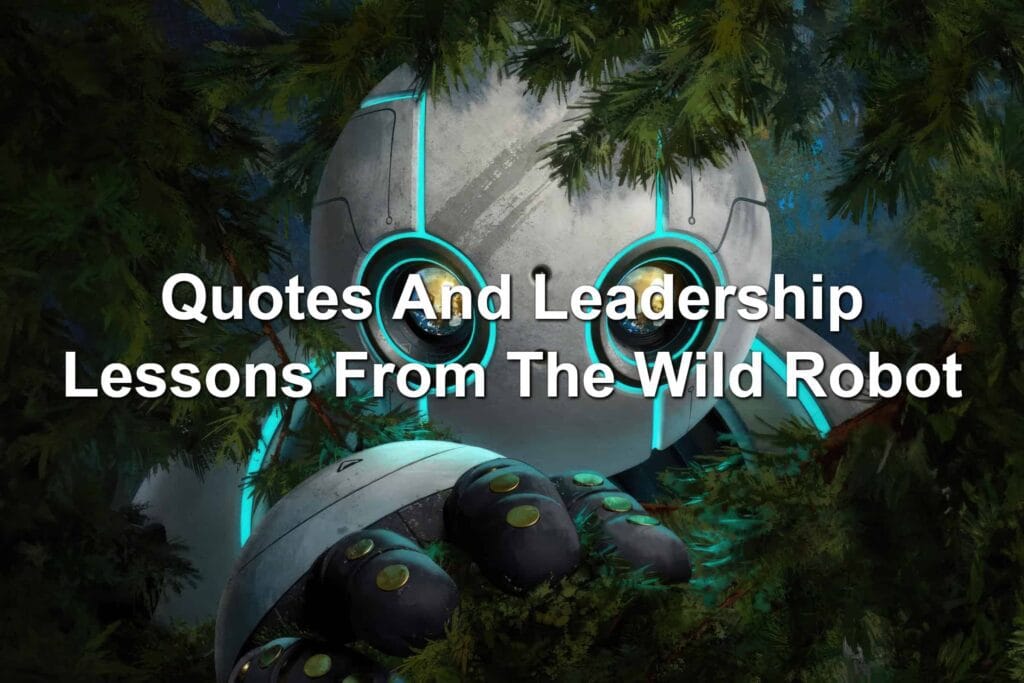
Roz’s sympathy likewise reaches out past Brightbill to the more extensive local area of creatures, showing that ethical development includes growing one’s circle of care. Her activities show how nurturing can motivate more extensive sympathy and moral obligation.
- Ethical Implications for Technology and AI
Roz’s ethical improvement brings up significant issues about the potential for man-made consciousness to show compassion and moral way of behaving. Her process recommends that ethical quality isn’t exclusively a human characteristic yet can arise through experience, connections, and variation.
This subject moves perusers to rethink the limits among people and machines, addressing whether computer based intelligence can foster moral systems like those of people. Roz’s story offers a confident vision of innovation directed by sympathy and care, underscoring the significance of planning man-made intelligence frameworks that focus on moral contemplations.
- Growth Through Connection and Community
Roz’s choices as Brightness parent are affected by their security as well as by her collaborations with the island’s creature local area. Through these connections, Roz finds out about collaboration, trust, and shared liability, esteems that shape her nurturing approach.
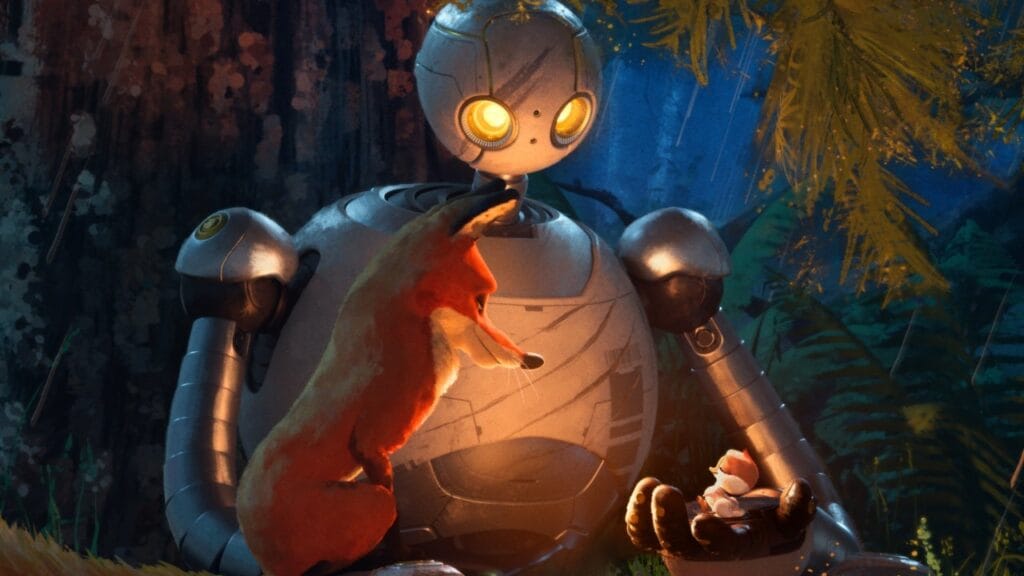
This dynamic mirrors the human experience of bringing up youngsters inside networks, where moral advancement is upheld by aggregate qualities and social associations. Roz’s process features the significance of local area in shaping moral way of behaving, both for people and counterfeit creatures.
Conclusion
Roz’s ethical improvement significantly influences her choices as Britain’s parent, changing her from a customized machine into a sympathetic and benevolent guardian. Her process reflects the human experience of moral development, stressing topics of sympathy, penance, and the ability to appreciate people on a deeper level.
Through her relationship with Brightbill, Roz figures out how to offset assurance with autonomy, trustworthiness with responsiveness, and rationale with affection. Her story challenges conventional thoughts of profound quality, recommending that moral way of behaving can arise through experience and association, even in counterfeit creatures.
Eventually, Roz’s development offers a confident vision of innovation directed by compassion and care, empowering perusers to ponder their own ethical development and the qualities that characterize humankind. Her process advises us that nurturing — whether by people or machines — isn’t just about accommodating actual necessities yet about sustaining profound and moral turn of events, forming the future with adoration and obligation.